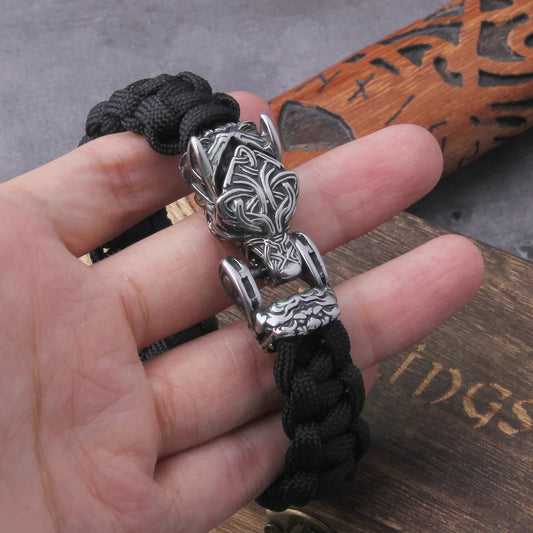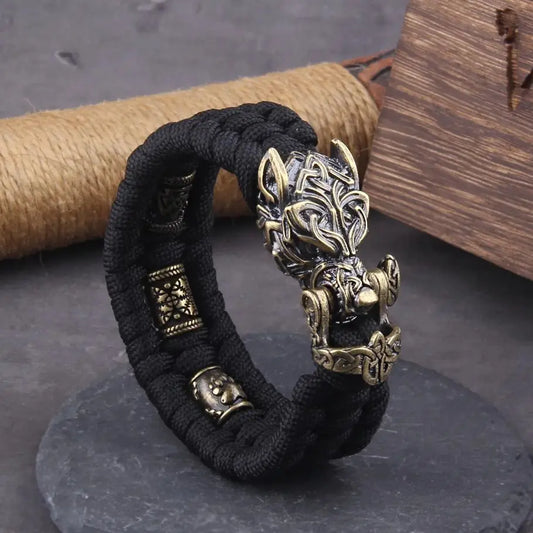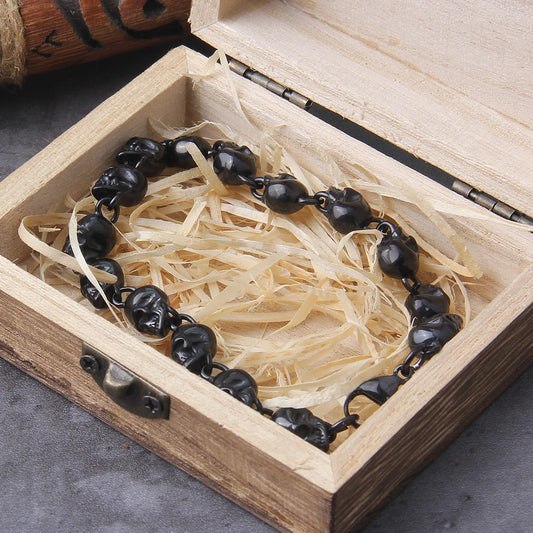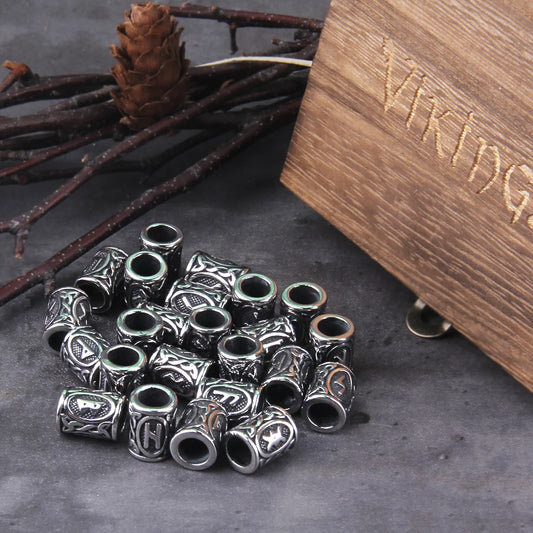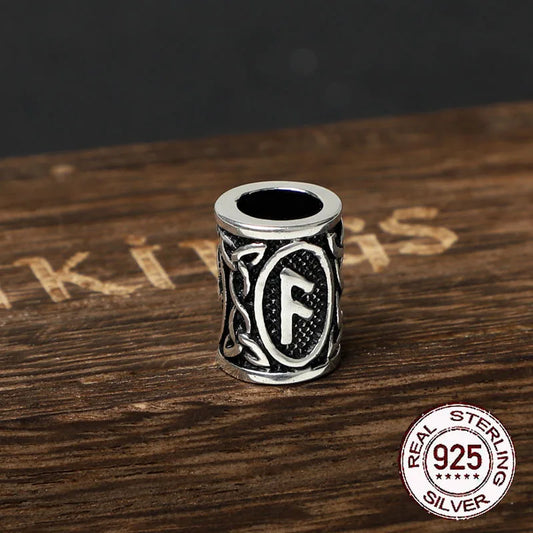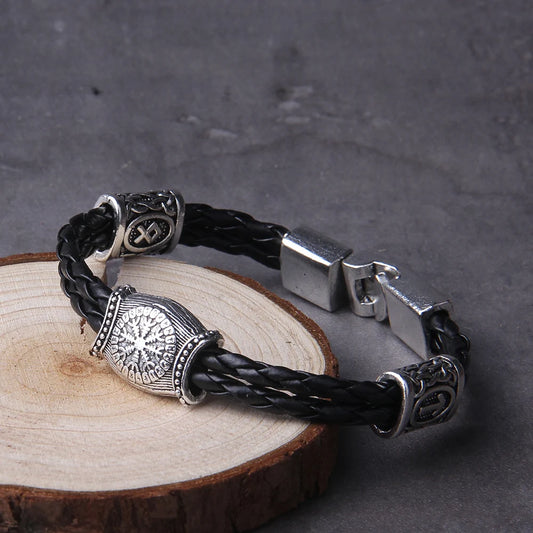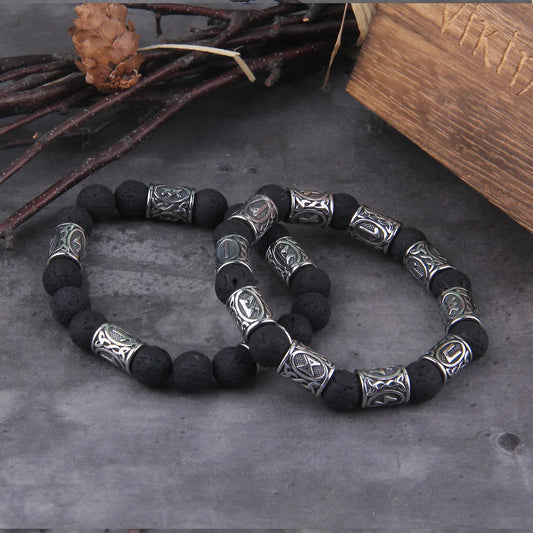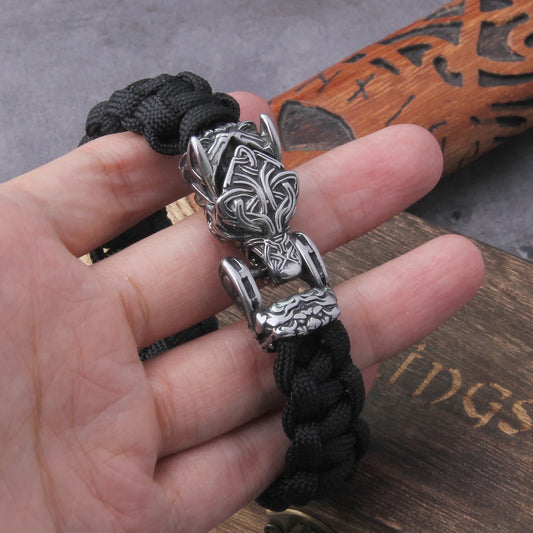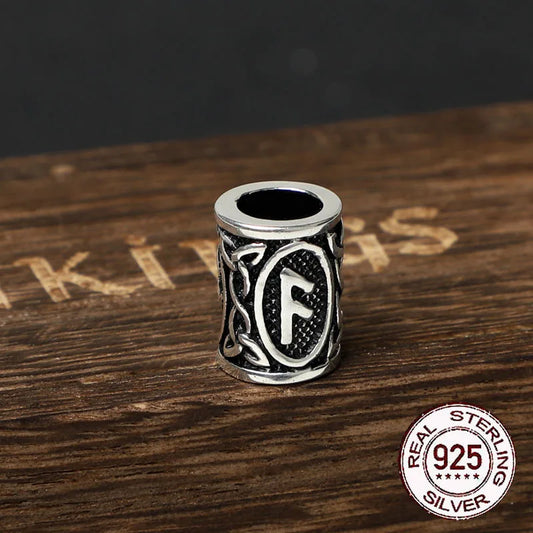In Norse mythology, Njord is one of the Vanir and the god of fertile land and the sea coast, as well as the god of navigation and sailing. He is the husband of Skadi and father of Freyr and Freya.
His sister's name may also be Njord, according to the reconstruction of the Teutonic goddess' name that Tacitus translated into Latin as "Nerthus" (= Njörðr). Her abode is said to be Nóatún 'ship-village'. Njörðr is also a god closely related to fertility, as are all Vanir in general.
Njord and his sons joined the Aesir as hostages of the Vanir after the war between the two sides. Such hostages are considered part of the aristocracy family and legitimate leaders, but are not free to leave to secure the mutual interests of the peace treaty.
Njord in the Eddas
Njord is described as a future survivor of Ragnarök in stanza 39 of the poem Vafþrúðnismál. In the poem, the god Odin, under the name "Gagnráðr" is pitted against the wise jotun Vafþrúðnir, in a battle of wits.
In the Vafþrúðnismál, Njord is mentioned as a hostage during the war between the Aesir and the Vanir. It is also mentioned that he is to return home with the Vanir sages after the Ragnarök.
In stanza 16 of the poem Grímnismál, Njord is described as possessing a self-made hall in Nóatún. The stanza describes him as a prince devoid of malice who reigns over a strong wooden temple.
In stanza 43, in the creation of Skíðblaðnir, the ship of the god Freyr, he is mentioned as the son of Njord. This fact is also mentioned in the introduction and stanzas 38, 39 and 41 of the poem Skírnismál.
Njord and Skadi
According to Rydberg, the Aesir murdered with regret Skadi's father, Thjazi, who had inflicted the Glaciation on the world. She put on her skis and skied all the way to Valhalla. The gods agreed to repay her in some way.
She could choose any of the men as her husband, but she was only allowed to see his feet as she did so. She looked for a long time at all the feet, and chose the cleanest pair, thinking they must be Baldr's. But they did not belong to him, but to Njord, whose feet were cleansed by the sea.
Despite loving each other very much, their marriage was not the best. Skadi lived in the land of winter, but Njord did not like being woken up all the time by wolves, and could hardly even sleep because of the cold. Skadi could not stand living by the sea, as the seagulls always woke her up along with the sound of the waves.
But they decided to live nine days in Þrymheim and three nights in Nóatún, symbolizing the prevalence of low temperatures for most of the year in the northern latitudes.






